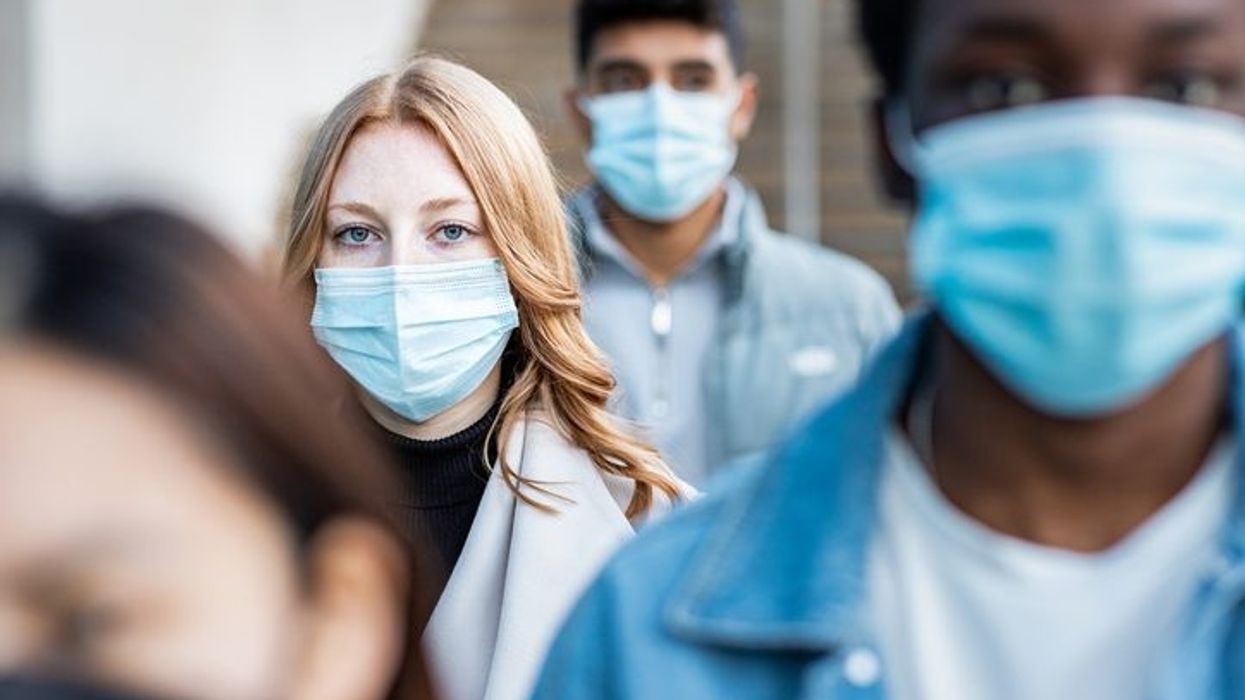Researchers from the University of Missouri, USA, have made a significant breakthrough by identifying occludin, a specific protein within the human body, as a crucial facilitator of coronavirus spread from cell to cell following infection.
The study, published in the journal Proceedings of the National Academy of Sciences, highlights how this protein acts as a mediator for the transmission of the virus between cells.
These findings hold promise for the development of future antiviral drugs aimed at targeting this protein and disrupting the spread of the coronavirus.
"This basic, scientific research is very important to better understand the underlying mechanisms of disease progression inside the body's cells so that the proper countermeasures can be identified and developed," said Wenjun Ma, an associate professor at the university and lead author of the study.
In their investigation of the coronavirus's cell-to-cell spread, the research team conducted a thorough analysis of cell samples. Their findings revealed that when the occludin protein within a single cell is compromised by the virus, it accelerates viral replication and facilitates the rapid transmission to adjacent cells within the body.
Consequently, this process exacerbates the infection and increases the likelihood of more severe symptoms.
The team emphasised the potential significance of this knowledge for the development of antiviral drugs.
By exploring the impact of antiviral medications on fortifying the occludin protein against infection, researchers aim to leverage this understanding to improve treatment strategies and potentially mitigate the virus's spread, Ma said.
Extensive analysis of cell samples by the research team has shed light on the intricate process of coronavirus transmission between cells. They discovered that while the virus initially infects a single cell, the complexity of cellular structures becomes evident as the occludin protein within the cell becomes damaged. This damage triggers rapid viral replication and facilitates the spread to neighbouring cells.
Ma stated, "For example, if only one cell in the lungs is infected at first, the ability to breathe may not be significantly impacted. "However, once the virus spreads to neighbouring cells throughout the lungs, it can lead to difficulty breathing and other respiratory problems.”
In the future, Ma intends to expand the scope of research by investigating the potential impact of other viral infections on the occludin protein. This endeavor aims to enhance our understanding of how various viruses interact at the cellular level with their host organisms.
(PTI)




